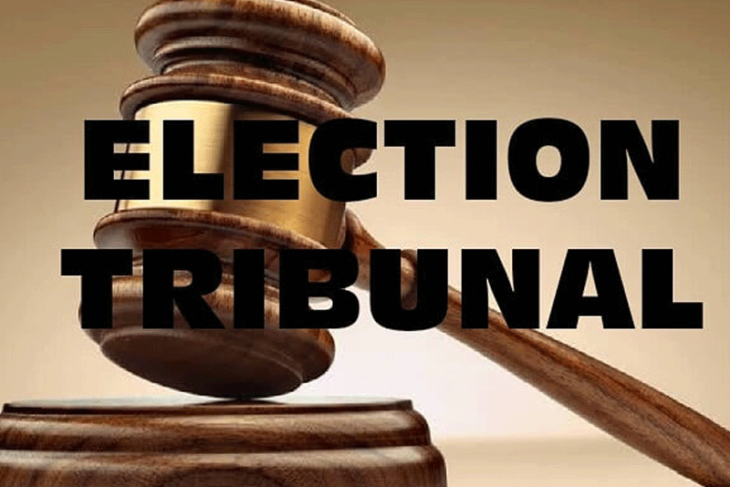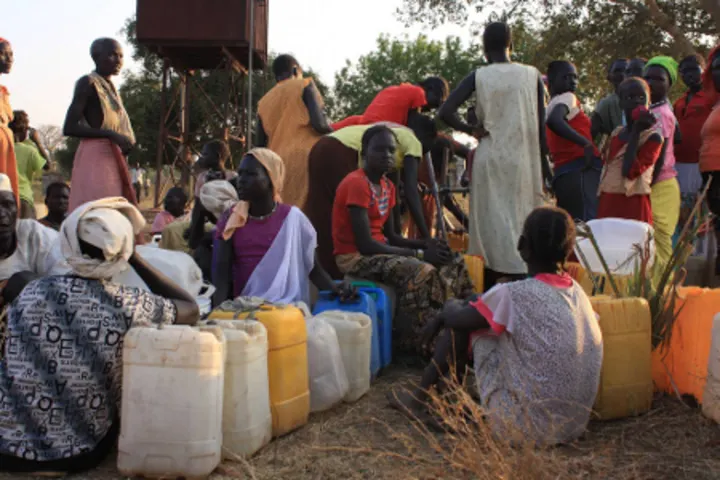
Sub-Saharan Africa would need an investment of $350 billion between now and 2030, to be able to improve electricity generation/distribution and potentially solve the region’s long-standing electricity access problem.
This is according to a new report by Wood Mackenzie Ltd titled “Utility evolution in Africa to reshape global electricity demand”.
The report, which was released on Thursday (17th March) by the UK-based energy and consultancy group said: “These investment opportunities work around the fiscal and operational bottlenecks posed by some of Sub-Saharan Africa’s state utilities. Service providers are going straight to the bankable segments of residential, commercial, and industrial electricity demand, typically through distributed, renewable, off-grid solutions where the public utility does not feature.”
According to research, the number of people in the region with access to electricity has grown dramatically over the past decade, but about 600 million remain without power. To meet a United Nations goal of universal access by 2030, further progress is needed not only in grid link-ups but in off-grid systems using sources such as solar energy.
“Decentralized, bottom-up solar-and-storage grids could not only reshape Africa’s energy future but carry important lessons for the next generation of thinking on utility business models globally,” Benjamin Attia, an analyst at WoodMac, said
Electricity demand in Sub-Saharan Africa has doubled over the past 15 years and is expected to increase nearly eight-fold by 2050. The report by Wood Mackenzie said the growing demand is driven by these three fundamental macroeconomic trends: population growth, rapid urbanisation and structural economic transformation.
The report further attributed Africa’s long-standing electricity access problem to massive underinvestment in the region’s electricity infrastructure. It said with the right investments, Sub-Saharan Africa could potentially change the trajectory of electricity demand and supply, not only within the region but globally.
Now, the interesting part is that the declining costs of renewable energy, coupled with innovative business models, could make it easier to bridge the investment gap and provide reliable and affordable energy access across the region.













